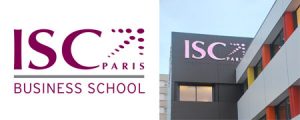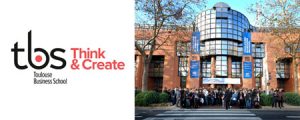Americans Sharply Split on Privacy Issues
The Edward Snowden leak case, which exposed some of the practical elements of NSA surveillance operations unknown to many Americans, has also revealed just how divided the nation remains over whether the government should be permitted to intrude on privacy to safeguard national security.
According to the Pew Research Center, 56% of Americans think the “NSA getting secret court orders to track calls of millions of Americans” is acceptable. For many, such intrusions are legitimate sacrifices if intelligence-gathering programs can held fend off terrorist threats. That surprises privacy experts. “The same people who are unwilling to trust the government in any other walk of life,” says Elizabeth Goitein, co-director of the Liberty and National Security Center at NYU’s Brennan Center for Progress, “are oddly willing to give absolute trust and control to the government on issues of national security.”
There is also considerable dispute over the limits of our privacy rights. Many lawmakers believe the NSA’s monitoring programs are completely legal. Groups like the Electronic Information Privacy Center, a public interest research group that recently petitioned the Supreme Court to stop NSA collection of domestic telephone call data, hope to see the programs examined and struck down by the High Court, which could consider the challenge as soon as the fall.
Experts say the NSA’s collection of telephone metadata is the most worrisome of the revelations Snowden helped bring to light. While the PRISM program targets suspicious foreigners using sites like Google and Facebook, it is only supposed to pull Americans into the surveillance web if they are linked to those targets. The telephone metadata program requires Verizon, and likely many other cell phone carriers, to provide the NSA with all of its customer call detail records. Mark Rotenberg, the Executive Director of the Electronic Information Privacy Center (EPIC), a public interest research center that recently petitioned the Supreme Court to stop NSA collection of domestic telephone call data, wrote recently that this collection is the most significant of the programs revealed in the leaks.
The secrecy surrounding these surveillance programs means we don’t know exactly how much – or how little – privacy we have. A secret court, which “operates without anyone representing the other side,” sanctions the NSA programs, says Goitein. “There’s really no appeal.”
Goitein predicts that as abuses come to light, conservatives who back the programs as mechanisms to stave off terrorism may “become less afraid of the original national security threat,” she says, “and more protective of their own civil liberties and their own privacy.”
By Miles Graham, TIME, Aug. 01, 2013
I. VERSION (sur 20 points)
Traduire à partir de “The Edward Snowden leak case …” jusqu’à “…on issues of national security.” (De la ligne 1 jusqu’à la ligne 10)
II. QUESTIONS (sur 40 points)
1. Question de compréhension du texte
What contrasting reactions have been provoked by the American government’s surveillance program? (150 mots + ou – 10%* ; sur 20 points)
2. Question d’expression personnelle
At a time when most people expose their private lives online through social media, is it fair to complain about government surveillance? (250 mots + ou – 10% * ; sur 20 points)
* Le non-respect de ces normes sera sanctionné. Indiquer le nombre de mots utilisés.
III. THÈME (sur 20 points)
1. D’importants progrès ont été accomplis dernièrement dans la lutte contre la corruption.
2. Les grévistes étaient prêts à continuer leur mouvement, lorsqu’un accord fut trouvé.
3. Quelle nouvelle incroyable que la démission du premier ministre !
4. Cela fait plus de quarante ans que le Royaume-Uni est membre de l’Union Européenne.
5. Ne devrait-on pas donner à tout citoyen la possibilité de reprendre ses études ?
6. Les ventes en ligne permettront-elles à cette marque d’améliorer son image ?
7. Il est à craindre que nous manquions de pétrole plus tôt que prévu.
8. Grâce à la détermination de leurs avocats, la plupart des clients ont été remboursés.
9. Il est évident qu’on écrit beaucoup moins de lettres depuis l’arrivée d’Internet.
10. Les loyers londoniens ont toujours été parmi les plus élevés au monde.





























